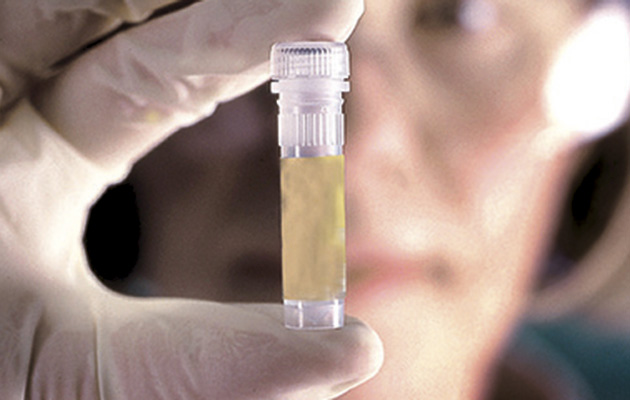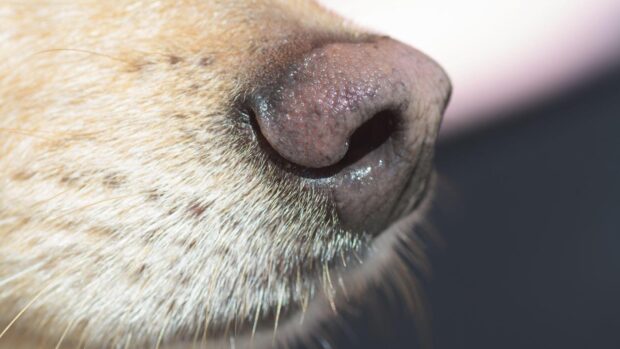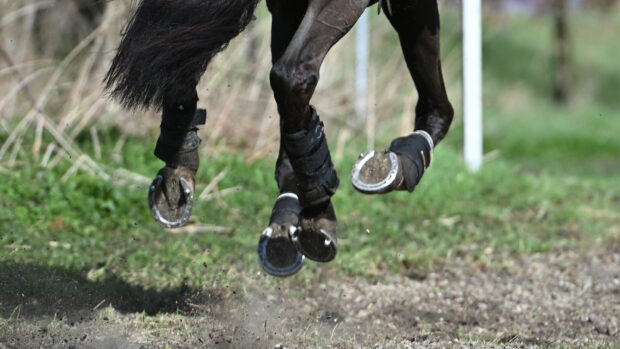An endurance rider has been cleared of any wrongdoing after human “sludge” caused a positive dope test.
US rider Nicki Meuten’s horse FYF Dutch tested positive for a human anti-depressant after ingesting grass and water that was contaminated by the “sludge”(sewage).
Ms Meuten and the FYF Dutch were competing at the CEI3*160 in Coates Creek in Canada in July 2017 when the horse was found to have o-desmethyl venlafaxine in his system.
Sludge and effluent had been spread over fields used by the endurance ride. Standing pools of septic water, a pile of sludge and a sign were present next to one of the trails.
“[Mrs Meuten] submitted that the grass around the pools was lush and tall,” states the FEI tribunal.
“While she did not allow the horse to graze there, there were other areas with lush grass next to the trail where the horse had eaten multiple times.
“An endurance horse on a 160 km ride needed to eat and drink all day and grass was the best food for them. [Riders] always let their endurance horses eat grass and drink from natural water or supplied water on the trail.”
In her submission to the tribunal, Ms Meuten added that she is a practising vet, who and “would not risk any potential harm” to her licence to practice, and that she has judged endurance rides and mentored others and would not risk her veterinary or competition reputations.
She also said her husband is a retired professor of veterinary pathology, “who does not tolerate cheating nor would he cheat himself”.
Neither of the pair has ever taken the drug, nor given it to the horse.
She added environmental contamination of this drug in Canada “is a documented common occurrence”and it was a “miniscule amount” found in the horse’s urine.
The FEI tribunal agreed that environmental contamination of the water or grass was the “most likely and plausible” cause of the positive test.
The combination was disqualified from the event, but although as the horse’s rider Ms Meuten was the person responsible [PR], she was absolved of any wrongdoing and not fined.
“According to witnesses, Ms Meuten has always had an unquestionable reputation that has been admired by all,” stated the tribunal decision.
“She rides her horses to finish with horses always looking in great condition and keeps her horses going year after year.
“The PR’s horses are mostly homebred and she takes excellent care of them throughout their entire lives. If all endurance riders, thought and rode like she does, endurance riding would be a better sport.
“Her approach to horses is totally inconsistent with the use of any performance-enhancing drug.
Article continues below…
You might also be interested in:

Owner’s hairspray causes showjumper’s positive dope test
The rider and the owner’s wife were unaware he was using the product

Rider stored equine remedy in painkiller bottle: banned for 15 months
An amateur rider who stored a homeopathic remedy in an empty tramadol bottle has been disqualified from competition for 15
“The PR could therefore reasonably not have been expected to take any further measures which would have prevented the prohibited substances entering the horse’s system.
“She already took precautions when not letting her horse graze and drink near the sludge pools. She could not have suspected that the water or the grass at other parts of the event site or close to the trail was contaminated with venlafaxine.
“The FEI is of the opinion that the circumstances of the PR are unfortunate and could not have been foreseen by her as a person responsible.
“Thus in this case, the most plausible explanation for the presence of the prohibited substances is such environmental contamination of the water or the grass that the horse drank and grazed at the event. Therefore, the FEI is satisfied that the PR bears no fault or negligence for the anti-doping rule violation.”
For all the latest news analysis, competition reports, interviews, features and much more, don’t miss Horse & Hound magazine, on sale every Thursday




